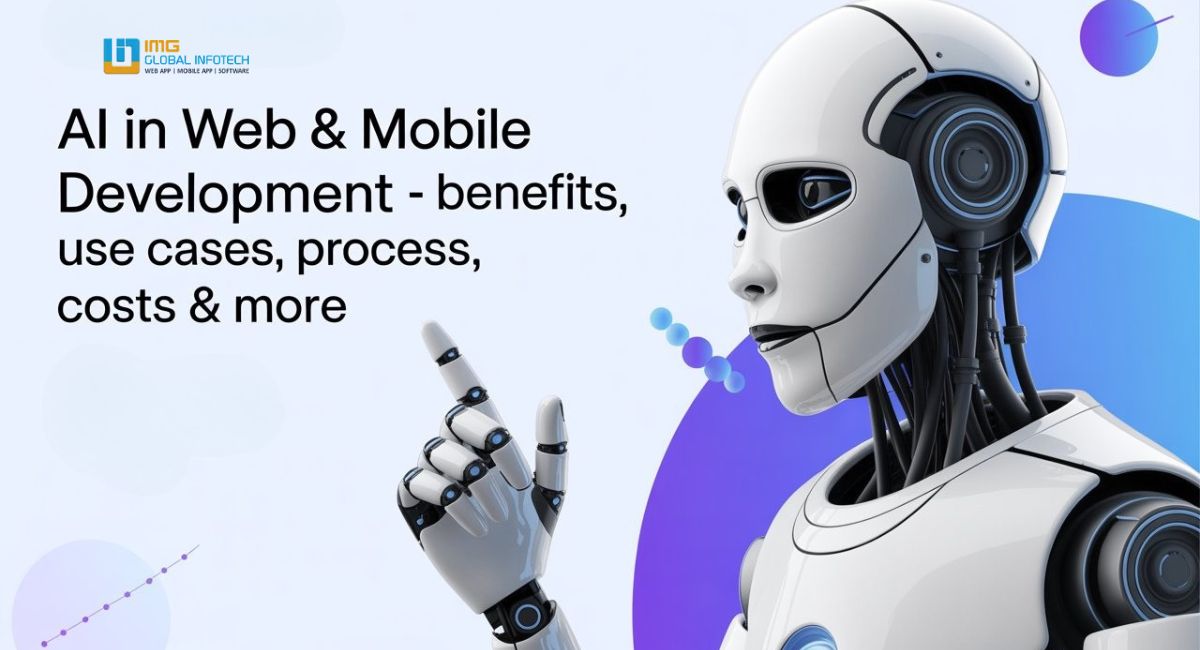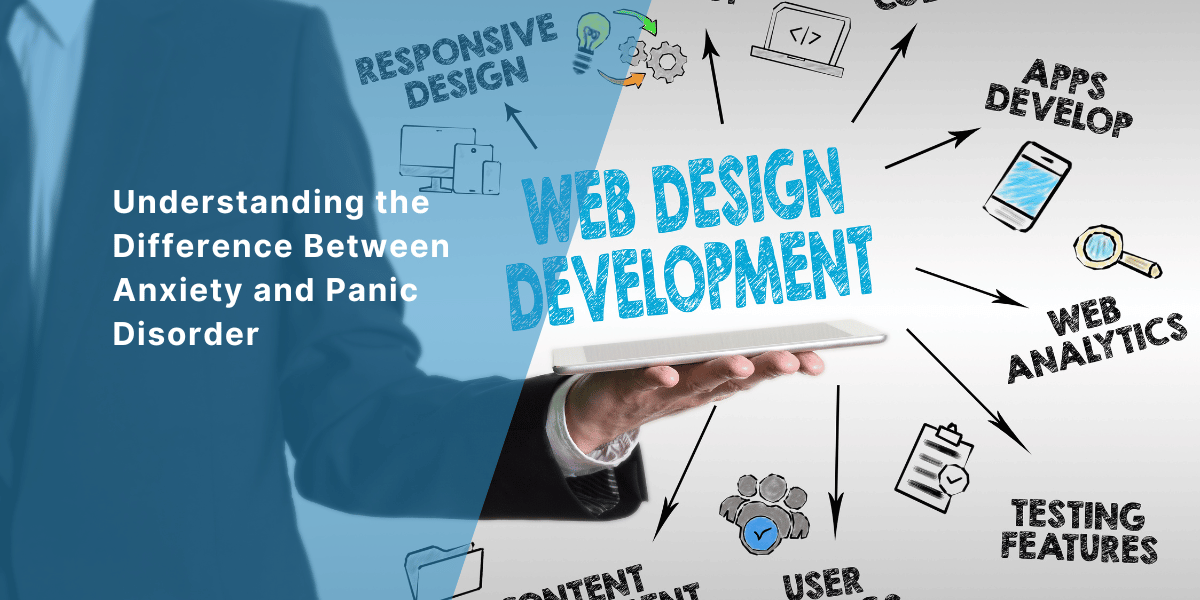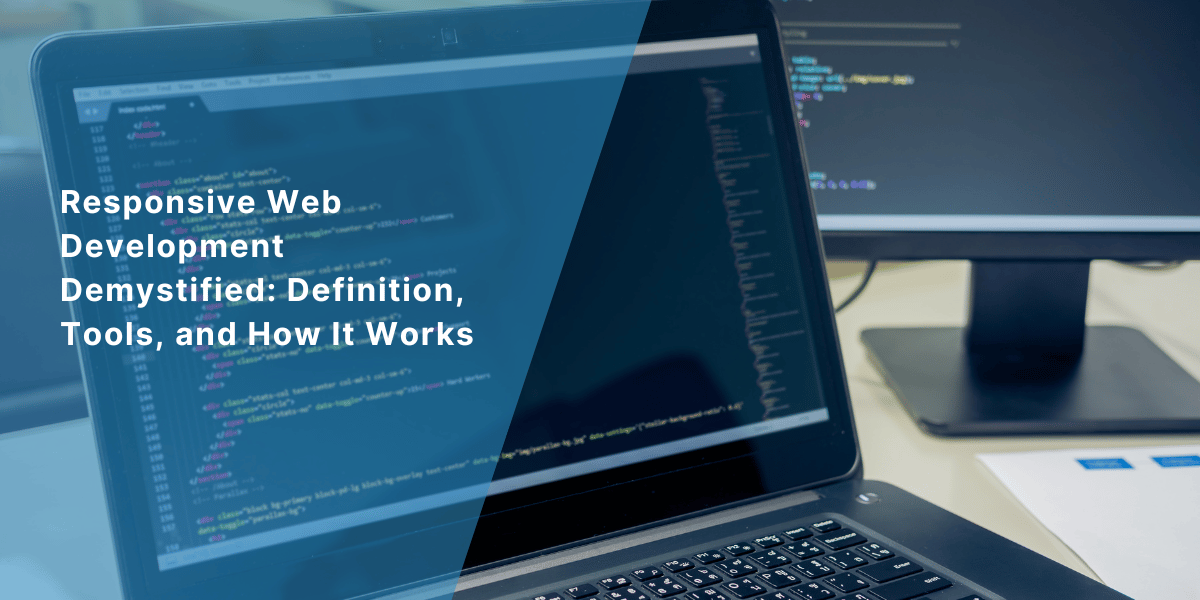AI in Web & Mobile Development – Benefits, Use Cases, Process, Costs & More

Strong 8k brings an ultra-HD IPTV experience to your living room and your pocket.
In an age of rapid digital evolution, artificial intelligence (AI) is transforming how businesses operate—especially in the realm of web and mobile application development. From automating tasks to creating personalized experiences, AI has emerged as an integral part of building intelligent, efficient, and customer-centric digital products.
Whether you are a startup or a large-scale enterprise, leveraging AI in development can help enhance user engagement, optimize processes, and drive long-term growth. In this article, we will explore the benefits, use cases, development process, associated costs, and future potential of AI-powered web and mobile apps.
I. Benefits of AI in Web & Mobile Development
1. Personalized User Experiences
AI algorithms track and analyze user behavior, enabling apps to offer personalized content, product recommendations, and user interfaces. Whether it’s a news feed, shopping app, or streaming service, personalization drives user retention and satisfaction.
2. Automation of Repetitive Tasks
AI enables automation of redundant tasks like customer support, data entry, and scheduling. Chatbots and virtual assistants can handle multiple queries simultaneously, improving efficiency and reducing operational costs.
3. Advanced Security & Fraud Detection
AI’s ability to detect unusual behavior makes it invaluable for security. Facial recognition, biometric scanning, and anomaly detection protect against cyber threats and enhance user authentication.
4. Predictive Analytics
AI empowers businesses to make informed decisions by analyzing user data to forecast future behaviors, trends, and risks. This helps in everything from inventory planning to targeted marketing.
5. Cost and Time Efficiency
By integrating AI tools and APIs, developers can significantly reduce the time required to build complex features. Automated testing, bug fixing, and intelligent code suggestions also lower overall development costs.
II. Key Use Cases of AI in Web & Mobile Apps
1. AI Chatbots and Virtual Assistants
AI chatbots are among the most implemented features in modern apps. They provide 24/7 support, guide users through apps, and offer real-time solutions. Platforms like WhatsApp and Facebook Messenger have embraced bots for customer interaction.
2. Voice Recognition and NLP
Natural Language Processing (NLP) allows apps to understand and respond to human language. Features like voice search, transcription, and sentiment analysis are widely used in health, education, and eCommerce apps.
3. Recommendation Engines
Apps like Netflix and Amazon use AI to recommend products or content based on past behavior. These engines enhance engagement, improve conversion rates, and offer a more intuitive user experience.
4. Facial Recognition and Biometric Access
AI-powered facial recognition systems are used for authentication, personalization, and even emotion detection. Mobile banking and payment apps use these features for secure logins and transactions.
5. Predictive Search and Smart Filters
Search engines and eCommerce platforms leverage AI to suggest relevant keywords and auto-fill suggestions based on user preferences, browsing history, and trends.
6. Behavioral Analysis
AI tracks how users interact with an app—what they click, skip, or spend time on and adapts the experience accordingly. This is key in gaming apps, social media platforms, and online learning environments.
III. AI Integration Process in App Development
Integrating AI into an application involves careful planning and execution. Here's a step-by-step overview:
1. Requirement Gathering
Define the AI features your app needs. Will it include a chatbot, voice assistant, or fraud detection system? Setting clear goals helps ensure successful outcomes.
2. Data Collection and Processing
AI models require large amounts of data. Collect relevant, high-quality data for training your model. It must be cleaned, labeled, and structured to deliver accurate results.
3. Model Selection and Training
Choose a suitable machine learning model. For NLP tasks, use transformers or RNNs; for image recognition, CNNs are preferred. Train the model using historical data and validate it using test datasets.
4. AI API Integration or Custom Development
Decide whether to build custom AI models or use third-party APIs. For many businesses, working with an Artificial Intelligence Development Company ensures proper integration and optimization. API services like OpenAI, Google Cloud AI, and IBM Watson offer scalable solutions.
5. Testing and Optimization
Test the AI feature across multiple environments and devices. Monitor performance, accuracy, and user feedback. Continuous learning and retraining are often required for models to remain relevant.
6. Deployment and Ongoing Support
Deploy the AI-powered feature to your live application. Post-launch, monitor real-time data and optimize the model based on user behavior and feedback.
IV. Technologies and Tools Used
To build intelligent applications, developers use a combination of tools:
- Frameworks: TensorFlow, PyTorch, Scikit-learn
- Mobile SDKs: ML Kit (Android), Core ML (iOS)
- Cloud Services: AWS SageMaker, Google Cloud AI, Microsoft Azure AI
- APIs: OpenAI, Dialogflow, IBM Watson
Cross-platform tools like Flutter and React Native allow AI features to be deployed across Android and iOS devices efficiently.
V. Cost To Develop an AI Agent or Application
1. Factors Influencing Cost
- Complexity of the AI feature (simple chatbot vs. deep learning model)
- Type of data needed
- Level of customization
- Use of third-party APIs or full custom development
- Developer expertise and project duration
2. Estimated Cost Breakdown
- Basic AI Feature (e.g., chatbot): $3,000 – $10,000
- Mid-Level Application (e.g., recommendation system): $15,000 – $40,000
- Advanced AI Application (custom agents, real-time learning): $50,000 and above
The cost to develop an AI agent can vary depending on how much training, maintenance, and real-time learning capabilities are built into the system.
VI. AI Agents Across Industries
AI is no longer confined to tech companies. From agriculture and education to healthcare and logistics, AI agents across industries are revolutionizing operations. In healthcare, AI can assist in diagnostics and patient monitoring. In logistics, it enhances route planning and supply chain optimization. For eCommerce, AI improves search functionality, product recommendations, and fraud detection.
Working with a skilled Artificial Intelligence Development Company enables businesses across sectors to implement AI in a customized, scalable, and secure way.
VII. Future of AI in Web & Mobile Development
The future of AI in eCommerce, web, and mobile development is rich with innovation. AI-driven features will become more intuitive, human-like, and responsive. Key trends to watch include:
- Generative AI: Automatically creating content, images, and even code.
- Emotion AI: Understanding user emotions through facial expressions or voice.
- Hyper-Personalization: Tailoring every element of the app to the individual user.
- AI + AR/VR Integration: Delivering immersive experiences in gaming, shopping, and education.
In eCommerce, AI will play a central role in shaping user journeys—offering smarter navigation, automated assistants, and personalized discounts based on purchase history.
VIII. Challenges of AI Integration
Despite its advantages, AI comes with certain challenges:
- Data Privacy Concerns: Complying with regulations like GDPR and CCPA is crucial.
- Skill Gap: Building and maintaining AI features requires specialized talent.
- Continuous Learning: AI models need constant retraining to adapt to new data.
- High Initial Costs: While AI saves money long-term, early investment can be high.
A strategic plan and collaboration with the right technology partner can help overcome these challenges.
IX. Conclusion
AI is no longer an experimental technology—it’s a core component of successful web and mobile development. It enables apps to think, learn, and adapt—offering businesses a competitive edge in a data-driven world.
From automating customer interactions to predicting user needs and enhancing digital security, the possibilities are vast. By collaborating with an Artificial Intelligence Development Company and carefully planning AI integration, businesses can stay ahead of the curve.
The journey may start with a simple AI chatbot but can evolve into intelligent agents that drive entire business ecosystems. Whether it’s improving user experience or streamlining backend processes, AI in web and mobile development is shaping the future—today.
FAQs
1. What are some practical examples of AI in mobile apps?
Examples include voice assistants, facial recognition logins, chatbots, and personalized product recommendations.
2. How long does it take to develop an AI feature in an app?
It can take 4 to 16 weeks depending on the feature complexity and data availability.
3. Can small businesses afford AI integration?
Yes. With API-based solutions and cloud platforms, even startups can integrate AI affordably.
4. How secure is AI in application development?
When developed with proper encryption and compliance standards, AI-powered apps can be highly secure.
5. Is it better to use third-party AI APIs or build custom models?
For rapid development and lower cost, APIs are ideal. Custom models are better for high control and unique use cases.
Note: IndiBlogHub features both user-submitted and editorial content. We do not verify third-party contributions. Read our Disclaimer and Privacy Policyfor details.







